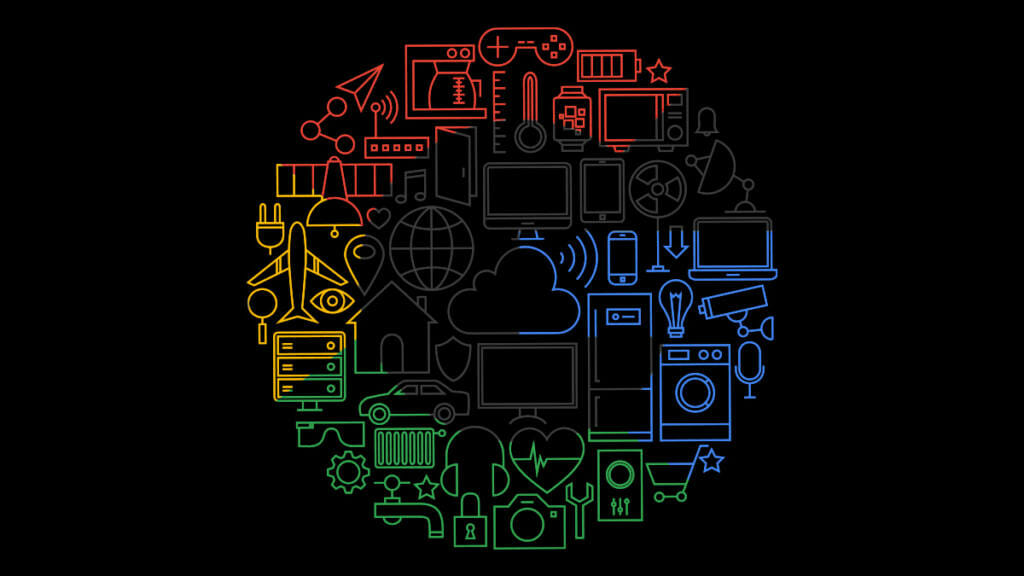With the purchase of IoT provider Xively, Google will be armed with an established platform that connects businesses with global devices and all the data that comes with it.
Google’s growing position as an Internet of Things (IoT) provider may signal a connected future for digital marketers, but it has a long way to go before catching up to Amazon.
According to a blog post, Google Cloud IoT and Pub/Sub product manager Antony Passemard said that through Xively, Cloud IoT Core will gain device management, messaging and dashboard capabilities.
As the world’s largest ad seller, Google is poised to bring in $40 billion or roughly 43 percent of US ad revenue this year. Advertising may be the company’s bread and butter, but its combined cloud service is already generating $1 billion per quarter.
Business Insider predicts that there will be more than 55 billion IoT devices by 2025—up from about nine billion in 2017. With the launch of Google Home smart speakers, the advertising giant is poised to help marketers analyze IoT data through a range of offerings like Analytics 360 and SalesForce.
“Our customers will benefit from Xively’s extensive feature set and flexible device management platform, paired with the security and scale of Google Cloud,” said Passemard. “With Google Cloud’s deep leadership in data analytics and machine learning, our customers will also be uniquely positioned to build turnkey IoT solutions and focus on business value creation.”
Google’s late start to the IoT market will make it difficult to reach or surpass Amazon in terms of cloud revenue. Amazon Web Services (AWS)—which includes IoT—topped $17.4 billion in 2017 and continues to grow at a staggering 45 percent year over year. Amazon dominates the smart speaker market and has been a pioneer in consumer IoT from one-touch ordering through Amazon Touch Wands to its self-serve Amazon Go convenience store.
The same audacity that earned Amazon the top spot on Brand Finance’s “Global 500” rankings for 2018 may also be holding it back. Google has one major advantage—brands are more likely to support a company that isn’t trying to put them out of business.
From groceries to health care and home security, Amazon has set its sights on a number of industries, and competing brands are in no hurry to help. Supermarket chain Kroger, for example, uses Google cloud products but not Amazon’s.
“It doesn’t make sense for us to do a ton to help grow that business for them,” a Kroger executive told CNBC.

